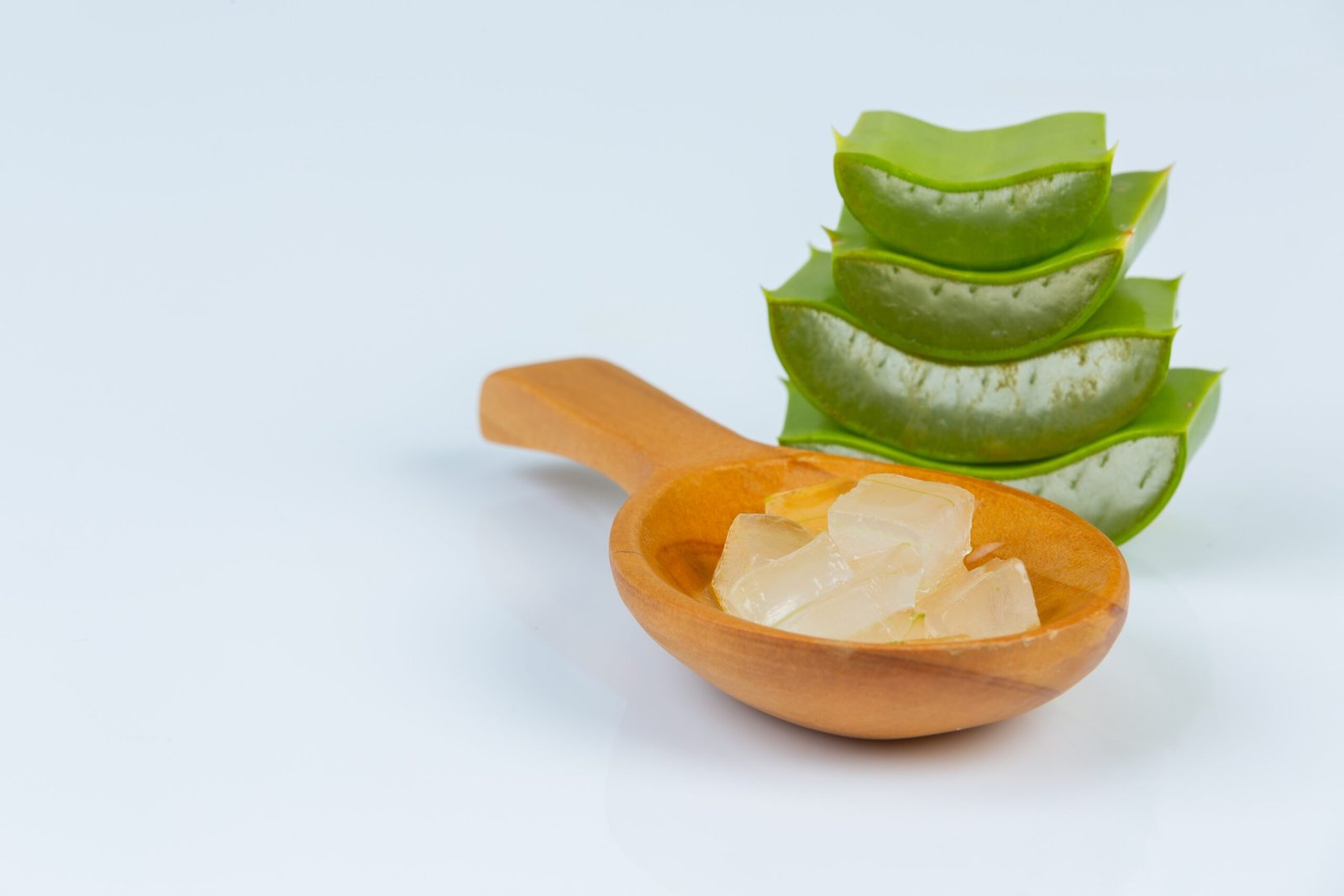Inside BENEO’s new pulse plant: pioneering sustainable protein from faba beans
This certification reinforcing safety and quality benchmarks across botanical and dietary supplement industries
Health and wellness company Herbalife announced that the Association of Official Analytical Collaboration (AOAC INTERNATIONAL) — a global authority in analytical science — has formally certified its proprietary method for identifying and measuring anthraquinones, also known as aloins, in aloe vera.
Aloe regulatory groups require producers of ingestible aloe vera products to monitor naturally occurring compounds such as aloin A, aloin B, and aloe-emodin to meet safety guidelines. This certification officially recognises Herbalife’s longstanding method as the world’s first AOAC-approved approach for detecting aloins—reinforcing safety and quality benchmarks across botanical and dietary supplement industries.
Developed by Herbalife scientists and validated by independent laboratories worldwide, this AOAC-certified method is used to test every batch of Herbalife’s aloe-based products, ensuring safety, while preserving aloe vera’s natural benefits. Aloe vera is a key ingredient in many of Herbalife’s top products, which are sold in more than 90 markets.
“This AOAC validation is an important milestone for Herbalife and the industry as a whole,” said Gary Swanson, SVP, Global Quality at Herbalife and lead author of the study. “We are proud to lead scientific innovation that enhances botanical ingredient safety, benefitting not only Herbalife products and our customers but also advancing standards across the industry.”
“This multi-laboratory validation study supported approval of an analytical method developed by Herbalife scientists as the AOAC 2016.09 Official Final Action Method,” said Dr Katerina Mastovska, deputy executive director and chief science officer, AOAC INTERNATIONAL. “AOAC official methods undergo rigorous scientific evaluation and are highly credible and globally accepted. As such, this method will help strengthen botanical quality and safety standards worldwide.”

